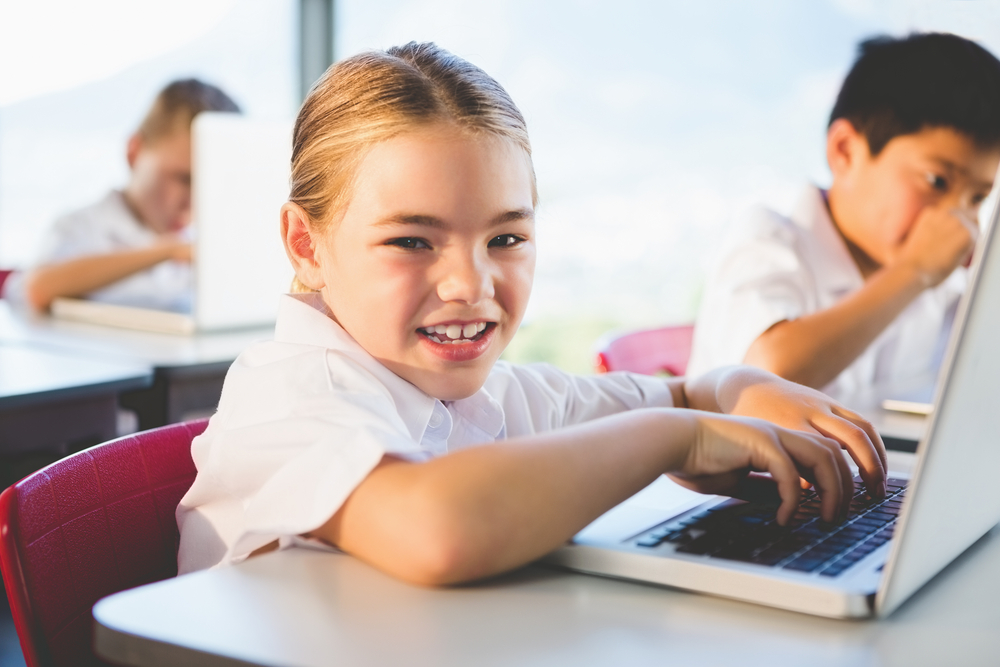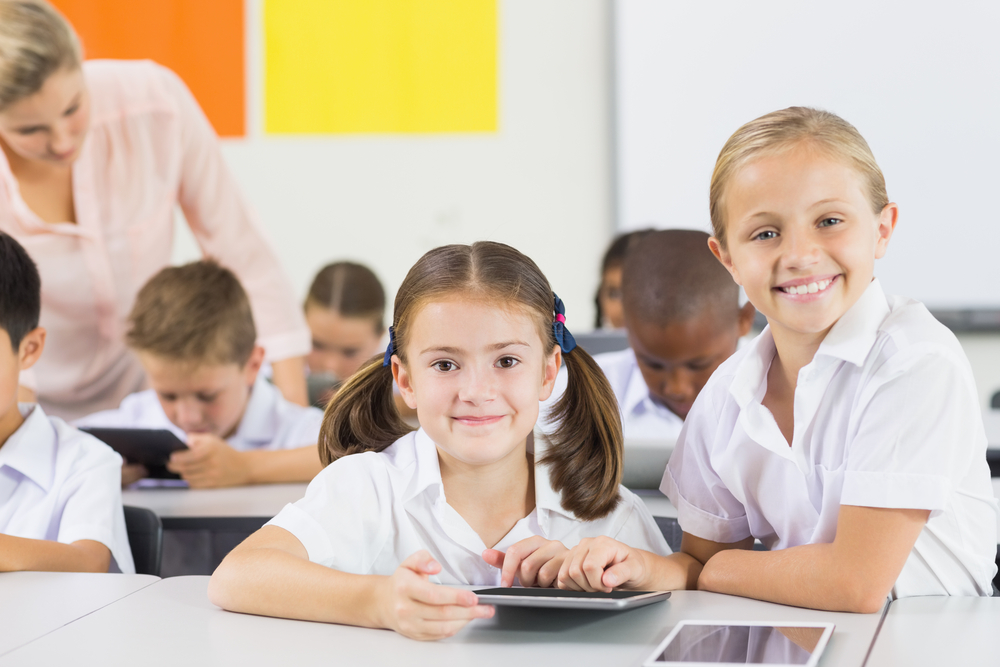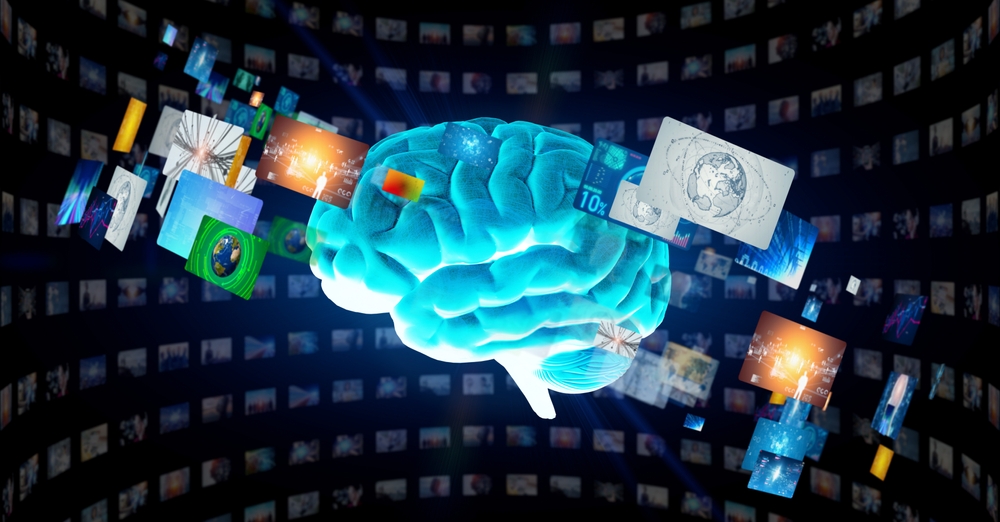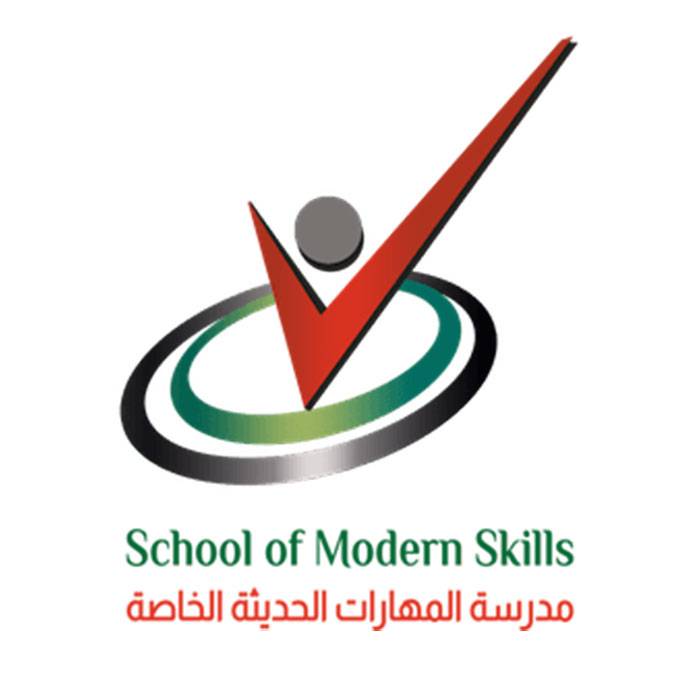
As technology is advancing at a rapid rate, Artificial Intelligence (AI) is being used more widely than ever before. No matter where you go, you will likely come across some form of AI technology- most of us even use it ourselves at home or work. The possibilities of AI are endless, hence, its extensive usage.
In this blog post we will explore the topic: Is AI a threat to a child’s development.
In more recent times, schools have begun to use Artificial Intelligence to aid the learning of pupils. At the helm of this movement, innovative schools in Dubai, such as the School for Modern Skills, are grasping the use of this advanced technology.
Whilst the benefits of using AI in schools are apparent, it is important to be aware of its limitations. Whilst AI can help children in schools to learn better in a style that suits them or have virtual support around the clock, how does AI affect our child’s development? Is AI a threat? In this article, we will explore the use of AI in education in more depth and discuss some of the threats it could pose.
Based in Dubai, the School for Modern Skills is a prestigious education facility dedicated to offering a valuable education that promises to focus on innovation, technology, and creativity. Each child has the opportunity to learn in a technology-focused environment from a team of expert teaching staff. For further information, visit our website today.
How is AI Used in Schools?
AI is a versatile platform that is becoming more useful to schools and other educational facilities. There are many ways that Artificial Intelligence is being used in schools, by both pupils and teachers.
How Are Pupils Using AI at School?
Pupils benefit greatly from the use of AI at school. Some of the ways it is being used are:
- To learn new material in an interactive way
- To facilitate taking a test
- To ask questions when a teacher is not available
- To help with homework and schoolwork
- To establish a learning path and style
- To extend their knowledge outside of class
How Are Teaching Staff Using AI at School?
At times, being a teacher is much more than teaching pupils. After the lesson, there may be other administrative tasks to take on. This is where AI could help. Some of these tasks may be:
- Tracking student attendance
- Tracking student behavior
- Marking student tests and quizzes
- Setting homework tasks
- Monitoring student grades
What Are Some of the Benefits of Using AI in School?

Before we discuss any form of threat to AI, we should first understand the benefits.
Some of the benefits of using Artificial Intelligence in schools are:
- A more personalized way to learn– AI can offer each individual pupil an opportunity to learn at their own pace in their own adapted learning style
- Increased engagement– in such a virtual age, children are used to being on a computer, meaning the gamification of learning could increase child engagement
- More time for teaching staff– AI offers a more efficient way to learn and teach. By using AI to aid the education of children, teachers have more time to develop learning plans moving forward
- AI is inclusive– AI can be used by everyone and accommodate their needs, including those who are neurodivergent or have a learning difficulty
- A learning mentor is always on hand– as the teacher is not always available, pupils are able to use AI to ask questions outside of school time
Social and Emotional Development
There have been previous concerns about how AI could affect a child’s social and emotional development. Due to the fact artificial intelligence is so advanced, children may not have to use critical thinking skills as much as with a traditional learning method.
Critical thinking is essential to a child’s social and emotional development in later life. If AI becomes a hindrance to this, could it impact children as they go off to university and work?
Lack of Human Interaction
As artificial intelligence is a digital tool, children using it in schools will be further exposed to screen time. Whilst this is not a direct threat, some experts show concern that over time it could result in a lack of human interaction. With this being said, many pupils may not benefit from a healthy social life as a result.
Physical and Mental Health Risks
Not a direct threat from AI itself, by increased screen time, can make children reliant on digital platforms from a young age. In turn, this could result in various physical and mental implications including but not limited to, depression, anxiety, obesity, migraines, eye strain, poor posture, and insomnia.
Can AI Become Too Personalized?
AI is a great tool to offer a tailored learning path to children. However, what happens if it becomes too personalized? There is a risk of artificial intelligence becoming too personalized for a child, meaning they may not be exposed to different learning patterns or points of view. As a result, they could be more likely to be exposed to prejudice and biases.
If this becomes the case, AI may have the ability to teach children in a very biased way, meaning they do not have the ability to see arguments from another person’s point of view, therefore, not being fair towards the views of others.
Privacy and Data
AI has to collect a large amount of a pupil’s data in order to work effectively. These types of data may include behavior records, attendance, personal information, and learning patterns. With this in mind, having these forms of data readily available online may put not only the child but the school, at a greater risk of phishing and malicious online activity.
Normalizing the Use of AI
If a child uses AI a lot from a young age, it could be that their brain becomes used to AI always having a solution. This could result in children becoming too reliant on AI in the future. There are many implications to an over-reliance on AI, which include:
- Lack of critical thinking skills
- Lack of human interaction
- Lack of empathy
- No interest in human connection
- No ability to think for themself in later life
Accessibility
Whilst AI is deemed inclusive to those who have access to it, this may not be the case for schools in less economically developed parts of the world. These parties may not have the funding to accommodate the use of advanced digital tools such as Artificial Intelligence.
The use of AI in schools may result in a more obvious divide between the financial status of schools and their communities across the world. This may run the risk of promoting inequality across the education community.
In Summary: Is AI a Threat to a Child’s Development

Artificial intelligence has the power and ability to revolutionize the way children learn at school. Whilst there are considerable benefits to using it widely within the education sector, there are also a few risks to children’s social and emotional development, their online safety, and their mental and physical health.
Whilst these threats are prevalent, it should not be a complete deterrence to avoid using AI in schools, in fact, there are opportunities to implement the use in safe and controlled ways across the school curriculum.
School for Modern Skills
At the School for Modern Skills, teaching staff are passionate about championing our values of technology, creativity, and innovation. We strongly believe each child can benefit greatly from learning in a more innovative and creative environment where technology plays a huge role.
We believe AI is the future, hence why we are keen to further expose our students to its uses within education. To educate and inform our pupils on the use of AI, we have partnered with a local university to allow students to see the benefits and uses first hand.
Some of our accolades include:
- 2 awards for innovation from EduTeach
- An onsite I-Hub that can be used for students to explore and gain valuable knowledge on the subjects of art, science, and maths
- We have participated in the Matatalap International Robotic Competition- we now have further scope to develop our robot program here at SMS
- We have a dedicated sustainability program.
For more information on what we do here at SMS and our enrolment process, get in touch with us today!


